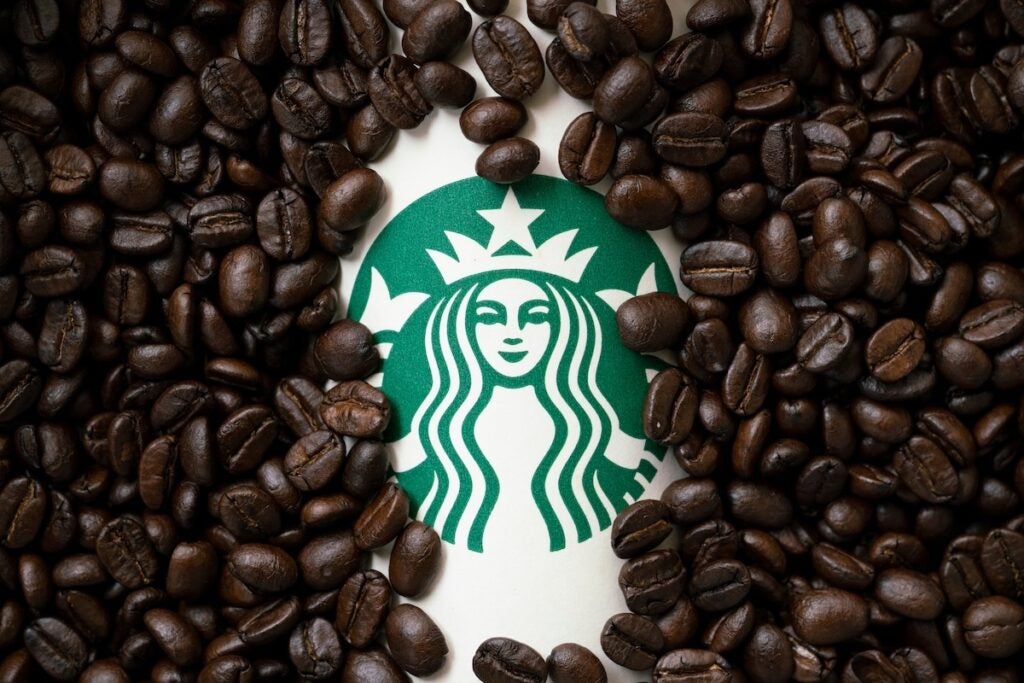Starbucks Considers Divesting Its Billion-Dollar China Operations Amid Rising Competition
Starbucks is reportedly exploring the sale of a stake in its China business, valued at billions, as competition from local rivals like Luckin Coffee intensifies. The coffee giant, which entered China in 1999, faces slowing growth in its second-largest market. Sources suggest discussions are preliminary, with potential investors and strategic partners being evaluated to revitalize its position.
Why Starbucks May Exit Part of Its China Business
Starbucks’ China operations, once a growth engine, have struggled recently. Same-store sales grew just 3% year-over-year in Q2 2024, a sharp decline from the 30% surge seen in early 2023. Meanwhile, Luckin Coffee surpassed Starbucks’ store count in China last year, operating over 14,000 locations compared to Starbucks’ 7,000. Analysts attribute this shift to:
- Price sensitivity: Luckin’s average drink costs 30% less than Starbucks’.
- Localization: Rivals offer regional flavors and digital-first ordering.
- Sluggish consumer spending: China’s post-pandemic recovery has been uneven.
“Starbucks is at a crossroads in China,” says retail analyst Ming Zhao of Bernstein Asia. “Divesting a minority stake could inject capital and local expertise while allowing them to retain brand control.” However, others argue a full exit might backfire. “China contributes 12% of global revenue. Walking away isn’t an option, but restructuring is,” notes Shanghai-based strategist Li Wen.
The Competitive Landscape: Luckin’s Rise and Local Challengers
Luckin Coffee’s rebound from a 2020 accounting scandal has been remarkable. The chain leveraged aggressive discounts, tech-driven pickup models, and viral marketing to capture younger consumers. In Q1 2024, Luckin’s revenue surged 85% to $830 million, nearly half of Starbucks China’s $1.7 billion in the same period.
Other homegrown brands are also gaining traction:
- Cotti Coffee: Founded by Luckin’s ex-chairman, it expanded to 6,000 stores in 18 months.
- Manner Coffee: A premium contender with artisanal positioning and cheaper prices.
“Local players understand Chinese tastes better,” says Zoe Zhang, a Beijing-based food industry consultant. “Starbucks’ ‘third place’ concept is losing appeal as consumers prioritize convenience and value.”
Potential Buyers and Strategic Shifts
Starbucks’ exploration of a stake sale could attract private equity firms or Chinese conglomerates. Tencent and Alibaba, which already partner with Starbucks on digital payments, are speculated suitors. Alternatively, a franchise model—similar to McDonald’s China—might reduce operational risks.
The company has already adjusted its strategy by:
- Closing 200 underperforming stores in 2023.
- Expanding delivery partnerships with Meituan and Ele.me.
- Introducing smaller-format stores in lower-tier cities.
Yet, challenges persist. Labor costs have risen 15% since 2022, and real estate premiums in prime locations remain high. “Starbucks needs a radical overhaul, not just tweaks,” warns HSBC analyst Rajiv Batra.
Future Outlook: Can Starbucks Regain Its Footing?
Industry watchers suggest Starbucks could focus on premiumization or deeper localization. Its Reserve Roasteries in Shanghai and Beijing have been successful, with higher-margin drinks driving 20% of urban sales. Meanwhile, regional menus featuring red bean matcha or osmanthus lattes have seen mixed results.
The company might also accelerate its digital investments. Over 70% of Luckin’s orders come via app, while Starbucks relies more on in-store purchases. “Mobile integration, personalized promotions, and faster service are non-negotiables now,” says tech analyst Mark Xu.
What’s Next for Starbucks in China?
Any divestment would likely take months to finalize. In the interim, Starbucks plans to open 3,000 more stores by 2025, betting on lower-tier cities. However, with Luckin targeting 20,000 stores by 2026, the race is far from over.
For consumers, increased competition means more choices and innovation. For investors, Starbucks’ next moves will test its adaptability in a market that’s critical to its global ambitions. As the saga unfolds, one thing is clear: China’s coffee wars are brewing hotter than ever.
Follow our business section for updates on Starbucks’ strategic decisions and market trends.
See more Business Focus Insider Team

